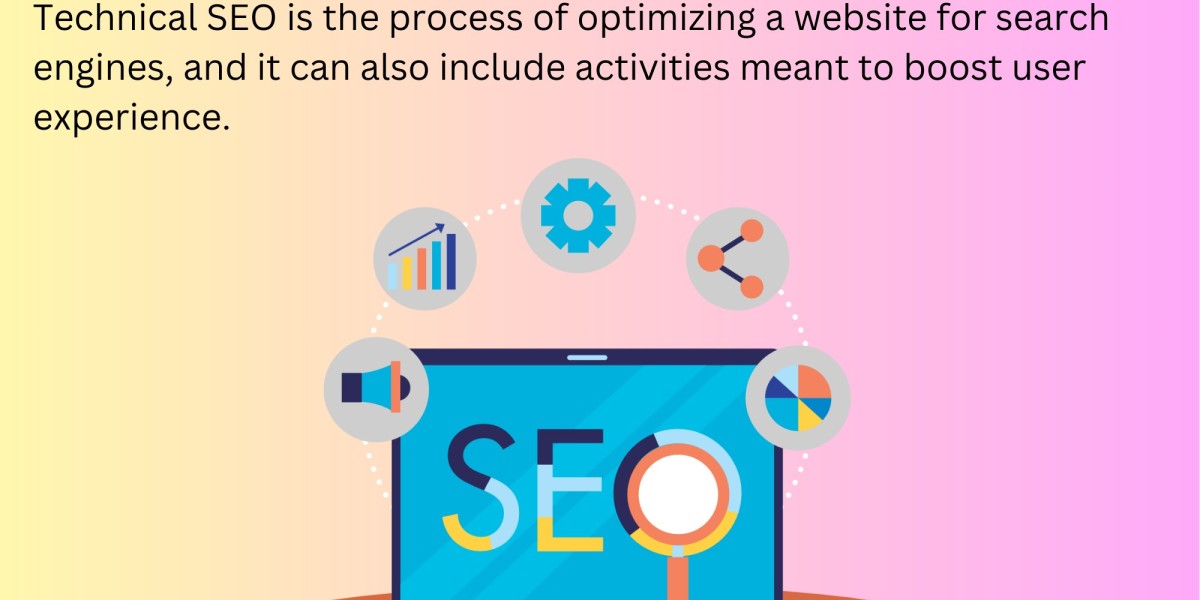Egg donation is a remarkable process that has the power to transform lives, offering hope to families struggling with infertility. For those who are unable to conceive naturally, being an egg donor can be a profound and selfless act that helps couples realize their dream of parenthood. This blog will explore how egg donation can help families in need and why it’s such a critical part of assisted reproductive technologies, especially with the growing need for egg donors in New York.
The Importance of Egg Donation for Families
Egg donation provides a solution for families where the woman cannot produce viable eggs due to factors such as age, medical conditions, or other reproductive challenges. For these families, using donated eggs in combination with in vitro fertilization (IVF) offers a chance to conceive, carry, and give birth to a child. Egg donors, typically women between the ages of 19 and 30, undergo screening to ensure that their eggs are healthy and suitable for donation.
For many families, egg donation is the only option to experience pregnancy, and it offers a deeply emotional and life-changing opportunity. Without the generosity of egg donors, many would have no path forward in their journey to becoming parents.
The Role of Egg Donors in New York
In a city like New York, where thousands of families seek fertility treatments, the demand for egg donors is significant. Egg donors in New York play an essential role in helping families overcome infertility. Clinics often search for donors with diverse backgrounds, reflecting the rich diversity of the city. This ensures that recipients can find a donor who matches their needs in terms of physical appearance, ethnicity, or other important characteristics.
Egg donors undergo a rigorous screening process to ensure that they are physically and emotionally prepared for the donation. Being an egg donor requires a commitment to the process, but the result is the incredible gift of helping another family grow.
How Egg Donation Works
The egg donation process involves several steps, including medical screenings, hormone treatments, and the retrieval of eggs. Here's how it works:
Screening: The egg donor undergoes physical, psychological, and genetic testing to ensure that they are healthy and suitable for donation.
Preparation: Hormonal medications are administered to stimulate the ovaries to produce multiple eggs.
Egg Retrieval: Once the eggs are ready, they are retrieved in a minor surgical procedure. These eggs are then fertilized with the recipient’s partner’s or a donor’s sperm and implanted into the recipient’s uterus.
The entire process is carefully monitored by medical professionals to ensure both the donor and recipient are supported throughout the journey.
The Impact of Being an Egg Donor
Being an egg donor offers more than just the opportunity to help a family in need—it can also be a personally rewarding experience. Many donors feel a deep sense of fulfillment knowing they’ve played a critical role in creating a new life. Additionally, egg donors are compensated for their time and commitment to the process, which can be a motivating factor for some.
Conclusion
Egg donation is a powerful way to help families in need, especially in a city like New York where the demand for egg donors continues to rise. If you're considering being an egg donor, know that your contribution can make a lasting impact on a family’s life. For more information about the egg donation process and how you can get involved, visit EggDonors4All or contact us at 212-661-7177. Join us in giving the gift of family!



